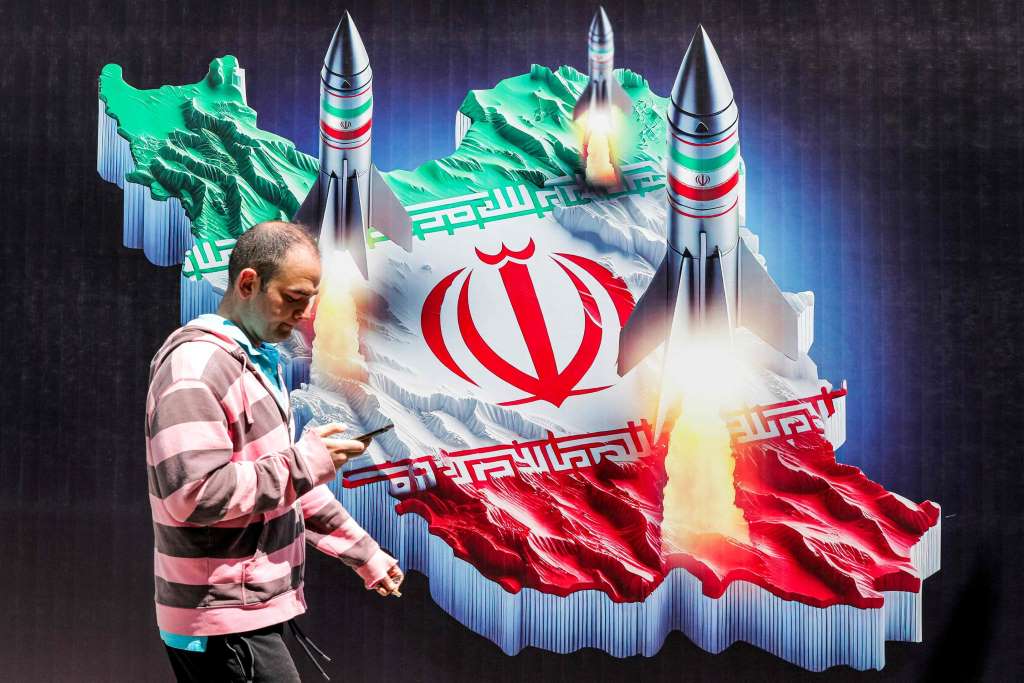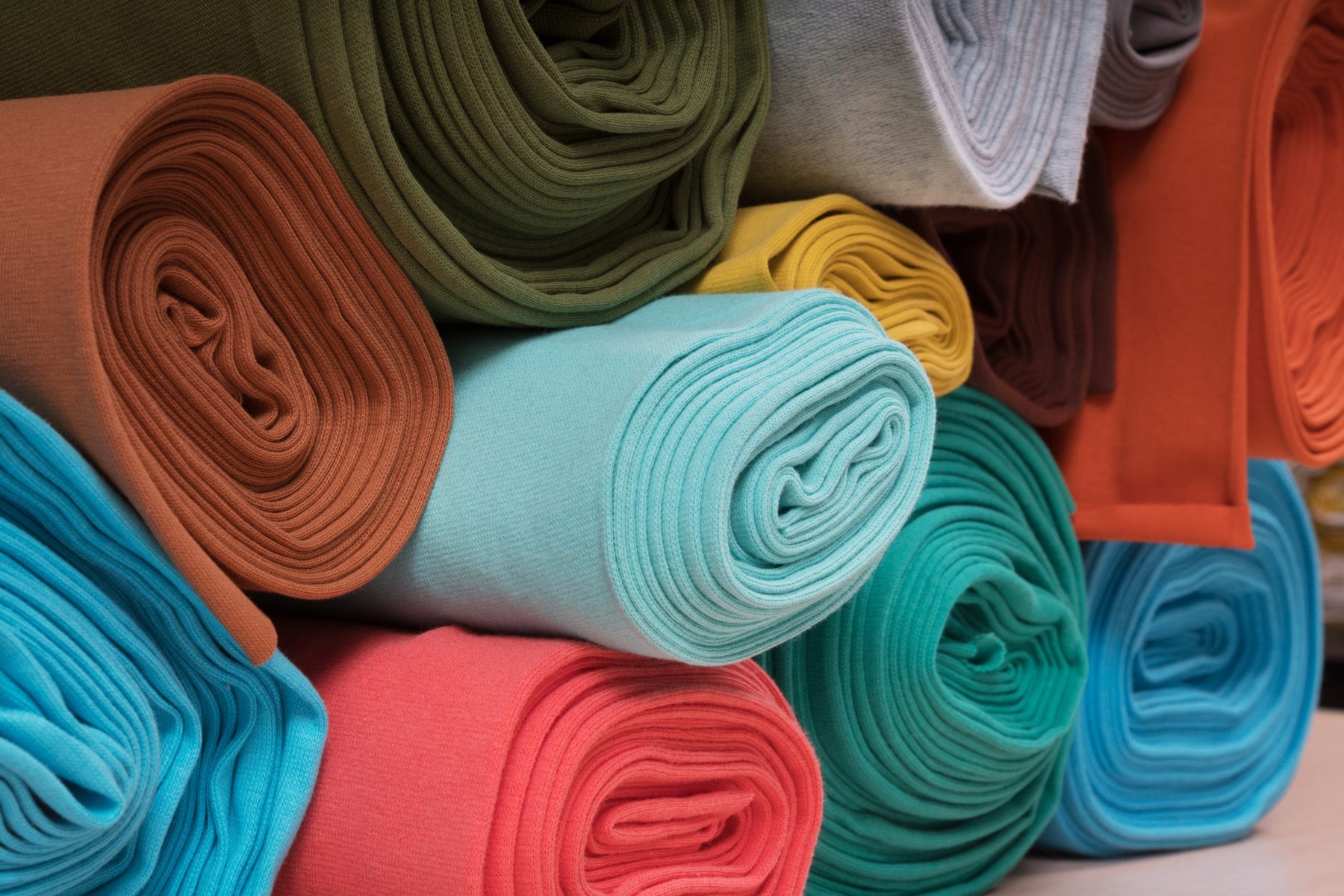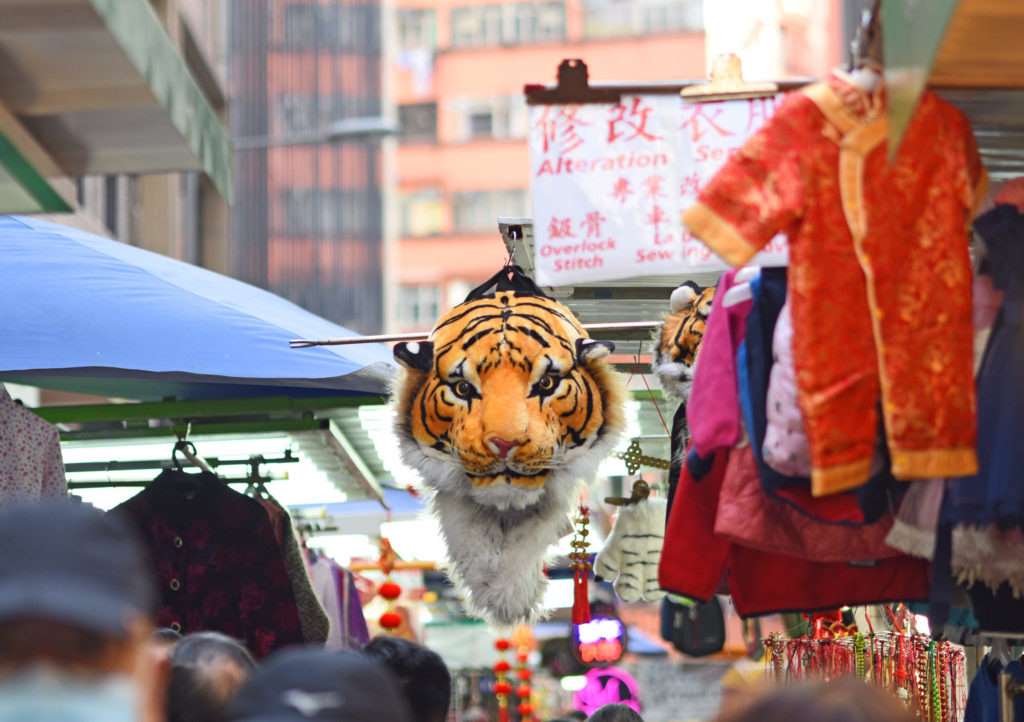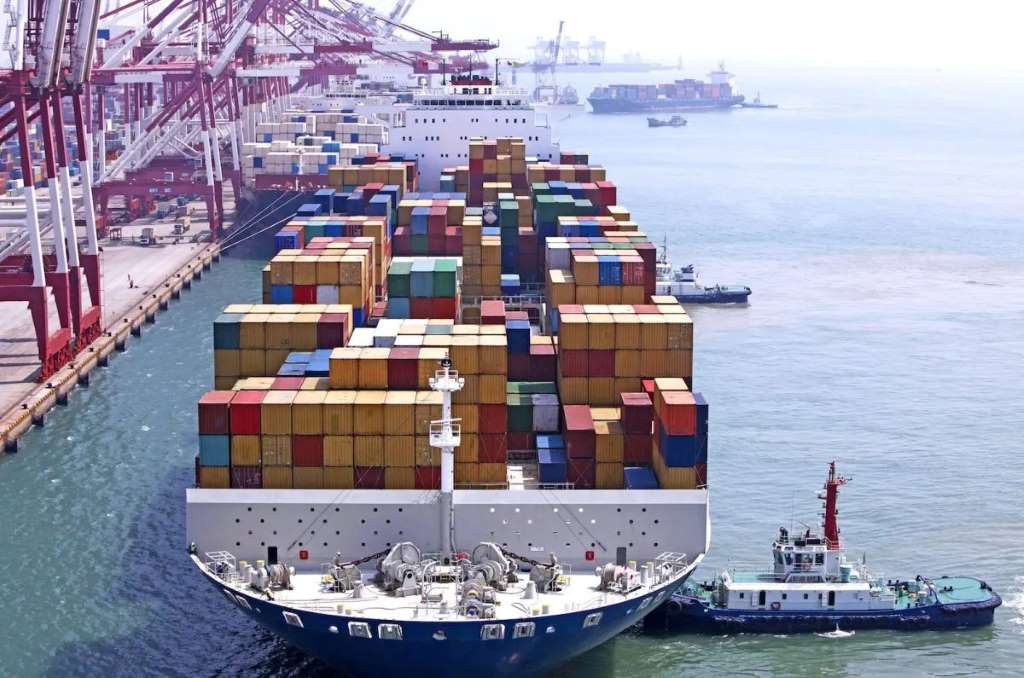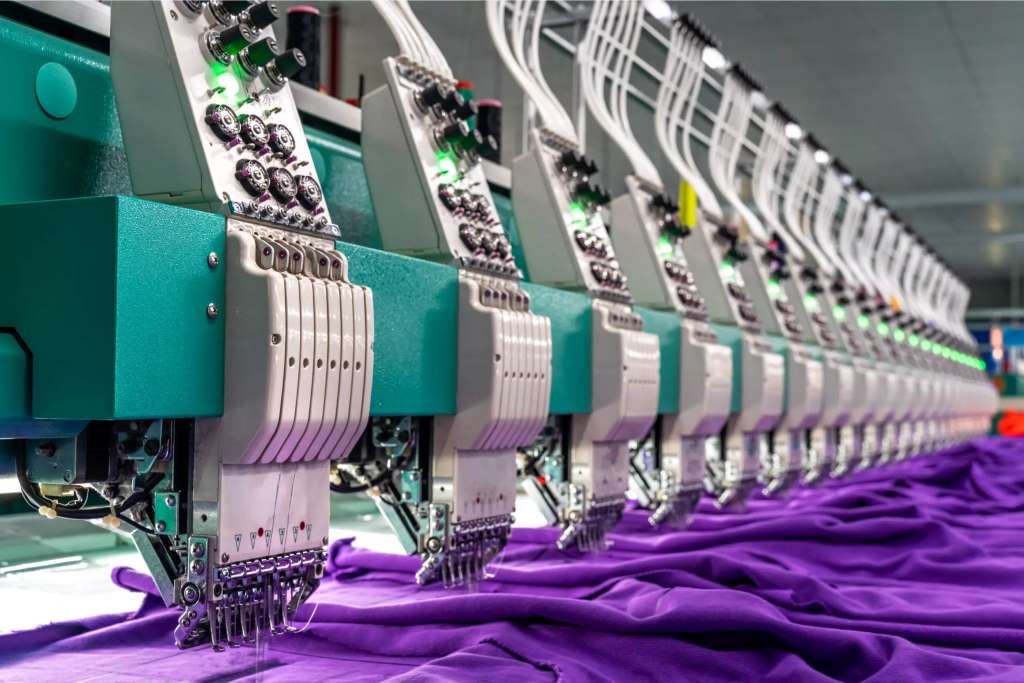"Cotton has predominantly been a volatile commodity and depends on many natural factors. It does impact on imports of yarn in China, yet niche buyers are always on buying table for good quality yarns and here Indorama has been having edge. Chinese knitting companies are large in size and look for big volumes of consistent quality. “Apart from huge local base, they look for Imports as well and demand has been fairly consistent from quality buyers."

Cotton has predominantly been a volatile commodity and depends on many natural factors. It does impact on imports of yarn in China, yet niche buyers are always on buying table for good quality yarns and here Indorama has been having edge. Chinese knitting companies are large in size and look for big volumes of consistent quality. “Apart from huge local base, they look for Imports as well and demand has been fairly consistent from quality buyers. Cotton seems to be going strong for the 2017-18 period and with depleting cotton stock in, the world is looking at China increasing its buying and expecting spike in cotton buying and interest from Hedge funds who are unfortunately controlling the commodity prices,” says Anil Tibrewal, PT Indorama Synthetics, Indonesia.
Global cotton outlook

With an increase in spindles in Xi’an and India, yarn production is increasing and so is demand. “At the end of the day, everything depends on fashion and final garment price. If brands decide to increase garment prices, threat from polyester which is all time low, may intervene and check. Bangladesh, China, Turkey and Egypt remain the largest markets for cotton yarn and readymade garments,” he says. Production base in Bangladesh is ever increasing backed by very low power and labour cost and availability of yarn locally.
China has many alternatives to India and Vietnam. “Duty free agreement will hurt Indian exports to China but domestic competition in India is hurting more than outside. Mere dependency on government subsidies to survive in cotton business needs to be checked with better infrastructure/port facilities, which I feel will improve in coming days after demonetization,” Tibrewal opines.
He says, TPP is important globally and its actual impacts are yet to be seen. “I am seeing positive factors as TPP could have been disastrous to textiles. Increased manufacturing in US with higher buying power may give a boost to overall textile trade. Manufacturing cost in textiles in US is not going to be cheaper either. They might still continue importing from across the border despite failed TPP and NAFTA as the cost of imports after adding the 20-25 per cent duty is still cheaper than local buying. Americans are used to larger margind contrary to Asians and would like to encash on this opportunity for quicker deliveries,” believes Tibrewal.
Promising prospects
Indorama is optimistic about the current situation of cotton business in China. In 2017, the trend is tilting towards cotton and cotton blended based products. Consumption is increasing and demand for good quality cotton yarn is on an upswing in China. “We are enjoying good buyer base in China. We are specialised with large production of 100 per cent combed compact contamination-free cotton yarns from Indonesia apart from virgin cotton open end yarns suitable for knitting. Above two products are not easily available and buyers are relishing the kind of quality we are shipping,” Tibrewal sums up.

